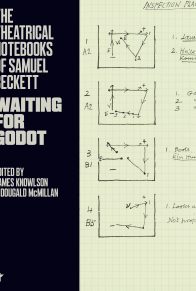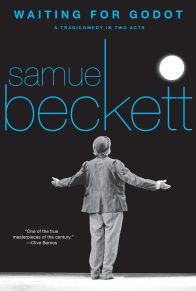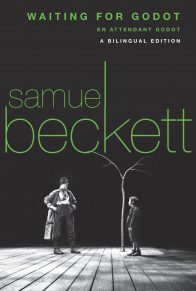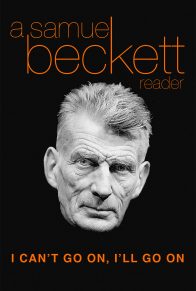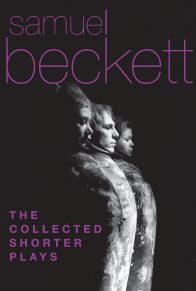About The Book
In Happy Days, Samuel Beckett pursues his relentless search for the meaning of existence, probing the tenuous relationships that bind one person to another, and each to the universe, top time past and time present. Once again, stripping theater to its barest essentials, Happy Days offers only two characters: Winnie, a woman of about fifty, and Willie, a man of about sixty.
In the first act Winnie is buried up to her waist in a mound of earth, but still has the use of her arms and few earthly possessions—toothbrush, tube of toothpaste, small mirror, revolver, handkerchief, spectacles; in the second act she is embedded up to her neck and can move only her eyes. Willie lives and moves—on all fours—behind the mound, appearing intermittently and replying only occasionally into Winnie’s long monologue, but the knowledge of his presence is a source of comfort and inspiration to her, and doubtless the prerequisite for all her “happy days.”
Praise
“With Happy Days Samuel Beckett has composed a song of rue that will haunt the inner ear long after you have heard it. . . . If Mr. Beckett does not lift the heart, his mournful song is at least compassionate, and that is a great deal.” —Howard Taubman, The New York Times
“A marvelously constructed tragicomedy. It helps to remind us of Beckett’s skills as a portraitist—a draper of vigorous flesh on what might have resulted in bloodless conceits—and why this master of absurdism has remained.” —Peter Marks, The Washington Post





